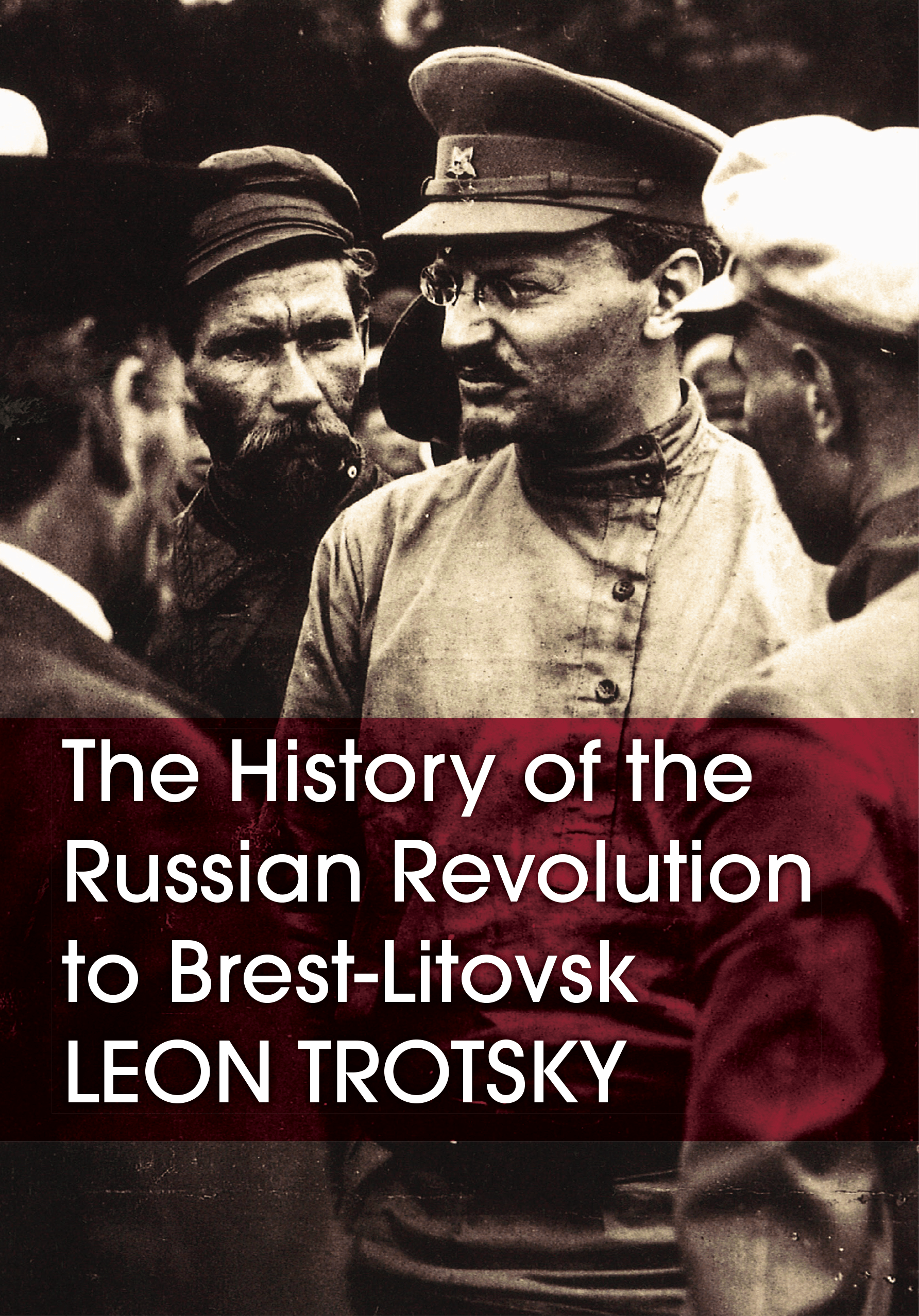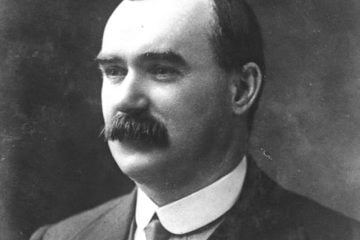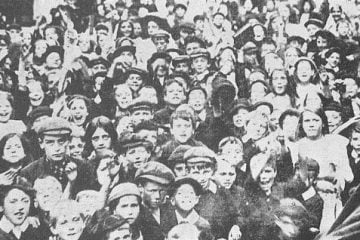
This year, the centenary year of the Russian Revolution, it’s the responsibility of all serious Marxists to study the history and lessons of the revolution. To help with this, Wellred Books has recently published a new edition of Trotsky’s 100 page pamphlet The History of the Russian Revolution to Brest-Litovsk, with a new preface by Alan Woods.
The importance of this text is that it succinctly describes the precise way in which the Bolsheviks won over the Russian masses to their ideas and programme; how they took power and how they held onto it. The text provides the answer to the lie that the October revolution was a coup and it illustrates the importance of decisive action and leadership in revolutionary situations. It was written during the Brest-Litovsk negotiations at the end of 1917 and used by Trotsky as a propaganda weapon to defend the Revolution at a time when the eyes of the world were on the peace negotiations. The text was suppressed during Stalin’s counterrevolution, but during Lenin’s lifetime it was translated and distributed throughout the world.
Below is a set of questions that can be used by reading groups and individuals to focus reading and discussion on the pamphlet so as to highlight the key points in the text. The questions are designed to spark more in depth discussion around the key events and processes of the Revolution. Above all, the question should be asked by every reader of this pamphlet – what is the relevance of these events, tactics and methods to today? For Marxists the events of the Russian Revolution are of more than just historical interest – they provide inspiration and guidance for the work of modern revolutionaries all over the world.
Study guide
Part I
- In what way did the Great War “impart an entirely different logic” to the course of the Russian Revolution, compared to how it might have developed in peace-time?
- What’s the difference between the Bolshevik party and the Menshevik/Socialist Revolutionary parties? How do the events of 1905 partially account for the majority support for the latter in the Soviets in the early months of the Revolution?
- What was the primary cause for increasing dissolution of the army in the first half of 1917?
- What was the impact of the July offensive at the front? How did it impact the “July Days”?
- Why did the Bolsheviks call for “All Power to the Soviets” in July, despite not having a majority in the Soviets?
- What caused the Kornilov rising and how was it defeated?
- What’s the difference between Soviet democracy and formal democracy?
Part II
- What was Kerensky’s attitude towards the defence of Petrograd against the German army?
- Why was the slogan demanding the Constituent Assembly inadequate at this point of the Revolution?
- Why was the Military Revolutionary Committee formed? What was its significance?
- What was the impact of the revolutionary process on the Socialist Revolutionary party?
- Why was it necessary for the Bolsheviks to break with the Provisional Parliament?
- What was the significance of the Petrograd Soviet Day on 4 November?
- What was the significance of the struggle for the telephone exchange in Petrograd?
- How was it possible for the Soviets to take power in Petrograd almost without a shot being fired?
Part III
- Why was the first Council of People’s Commissioners made up entirely of Bolsheviks?
- How did the counterrevolution organise itself against the Soviets? How was it defeated?
- How did the Bolsheviks approach the question of the Constituent Assembly?
Part IV
- How did the Soviet government approach the question of peace?
- Why was the first Brest-Litovsk treaty not signed, but the second, more onerous one, was?
- What obstacles did Trotsky see ahead for the Revolution? Why did he nevertheless remain optimistic?



